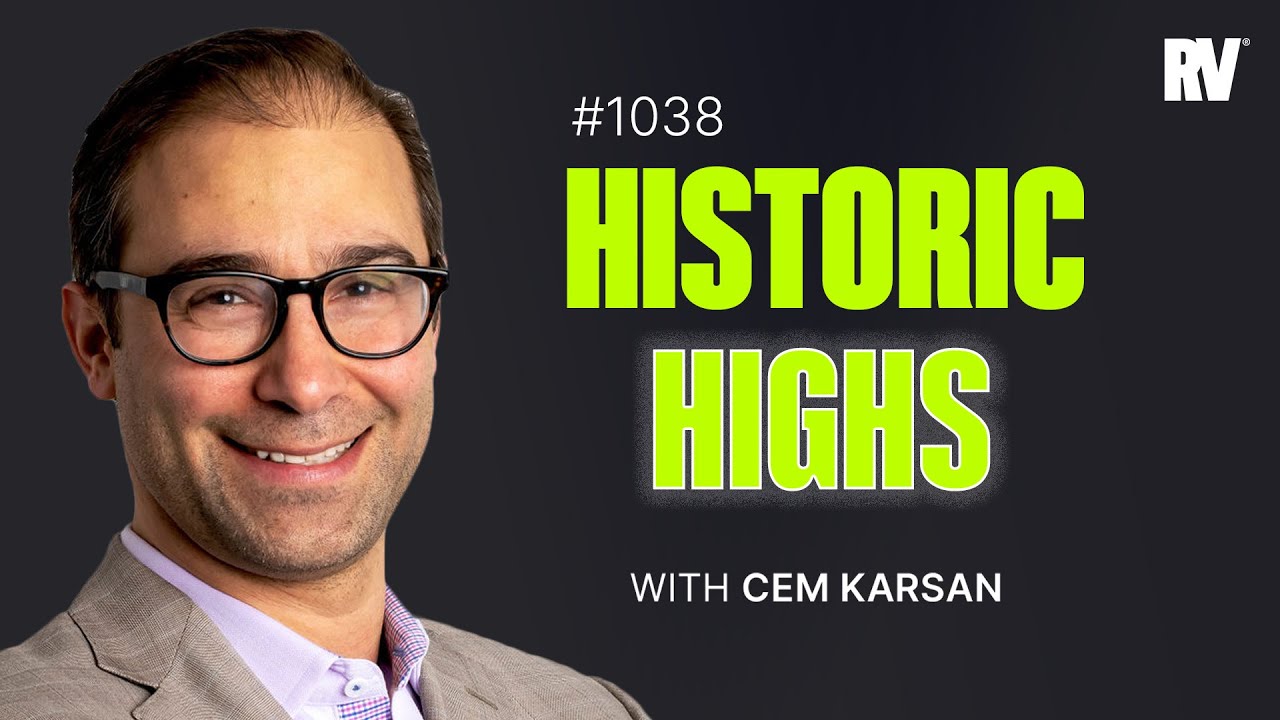HOW TO TRADE DURING THE SUMMER
Summary
TLDRThis video script offers trading advice for the summer market, emphasizing the importance of understanding market sluggishness. It suggests strategies like swing trading the day before action, selling tight credit spreads, and buying bonds for steady returns. The speaker also discusses the impact of institutions on economic growth, comparing inclusive and extractive institutions, and concludes with insights on neoliberal reforms reshaping the global economy.
Takeaways
- 📈 Trading during the summer can be challenging due to slow market movements, and traders need to adapt their strategies to avoid frustration and potential losses.
- 🔄 Swing trades are recommended as they may benefit from movements that occur outside of regular market hours, rather than focusing on intraday trading.
- 🌙 The example of Intel illustrates that significant gains can happen overnight, underscoring the importance of pre-market strategies.
- 💸 Selling credit spreads is a suitable strategy in a low-movement market, but it's crucial to keep the ranges tight to minimize risk.
- 📚 There are various tutorials available for learning about credit spreads and other options strategies like butterflies and iron condors.
- 🏦 Buying bonds, especially short-term ones, is a safe and potentially profitable strategy during the summer months when the stock market is less active.
- 📉 Despite the summer doldrums, the market can still experience significant moves, so traders should be prepared for potential opportunities.
- 📊 The pricing of options suggests that there may be larger-than-expected movements in the market in the short term, despite the overall slow pace.
- 📝 The speaker emphasizes the importance of having a strategy that is profitable and has a high probability of success, especially during less active trading periods.
- 🌐 The global economy is undergoing a transformation with developing countries integrating more fully, leading to a new global division of labor.
- 🏢 The shift towards neoliberal economic policies in the 1980s has had lasting impacts on the global economy and the development trajectories of various countries.
Q & A
What is the main challenge traders face during the summer according to the video script?
-The main challenge traders face during the summer is the slow market environment which can lead to lack of movement and frustration if they are not prepared to adapt their trading strategies accordingly.
What trading strategy is suggested for the summer market?
-Swing trades are recommended, especially making trades the day before, as the market moves minimally during the 7-hour open period compared to pre and post-market activities.
Why are sell credit spreads considered a good strategy in a slow market?
-Sell credit spreads are a good strategy in a slow market because they allow traders to collect premium assuming the stock or index doesn't go past a certain level, taking advantage of low liquidity.
What should traders do when they are unsure about the market movement?
-If traders are unsure about the market movement, they should consider selling spreads with tight ranges to minimize risk, or buying bonds to ensure they are getting paid daily without being affected by the slow market.
What is the significance of the Intel example mentioned in the script?
-The Intel example illustrates that significant gains can occur outside of the regular market hours, emphasizing the importance of pre-market trading and the potential for profit even if the options seem to have minimal movement during the day.
What economic lesson is discussed in the latter part of the script?
-The economic lesson discusses the importance of institutions in economic development, contrasting inclusive and extractive institutions and their impact on growth and prosperity.
What are the key characteristics of inclusive institutions according to the script?
-Inclusive institutions are characterized by broad extension of rights, adherence to the rule of law, strong property rights, market structures that reward individual talent, and high-quality public services that facilitate market development.
How do extractive institutions differ from inclusive ones?
-Extractive institutions allocate power narrowly to a small ruling elite, lack strong property rights, and do not reward individual initiative, leading to corruption, rent-seeking behavior, and unfavorable conditions for sustained economic growth.
What is the potential issue of reverse causality in the context of institutions and economic development?
-The issue of reverse causality suggests that economic development outcomes might be the cause of institutional configurations rather than the institutions causing the development outcomes.
What is the role of historical factors such as colonialism in shaping current institutions and economic outcomes?
-Historical factors like colonialism, along with factors such as climate and disease, influenced the formation of extractive or inclusive institutions, which persist and continue to impact economic development trajectories.
How does the adoption of neoliberal reforms affect the global economy?
-The adoption of neoliberal reforms in developing countries has integrated them into the global economy, altering the dynamics of global economic exchange and creating a new global division of labor.
Outlines

This section is available to paid users only. Please upgrade to access this part.
Upgrade NowMindmap

This section is available to paid users only. Please upgrade to access this part.
Upgrade NowKeywords

This section is available to paid users only. Please upgrade to access this part.
Upgrade NowHighlights

This section is available to paid users only. Please upgrade to access this part.
Upgrade NowTranscripts

This section is available to paid users only. Please upgrade to access this part.
Upgrade NowBrowse More Related Video

Master SMC/ ICT Market Structure The Correct Way (very easy)

GUIA DEFINITIVO PARA GANHAR DINHEIRO COM OPÇÕES

Nifty Prediction & Bank Nifty Analysis for Monday | 19th May 2025 | nifty Tomorrow

How To Trade This Week - (How To Win In Trading)

How Options Flows Indicate Market Trends with Cem Karsan #1038

These are the best trading pairs for futures trading (Class 19)
5.0 / 5 (0 votes)